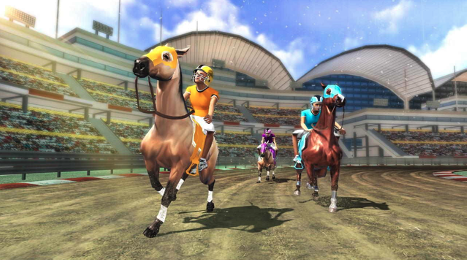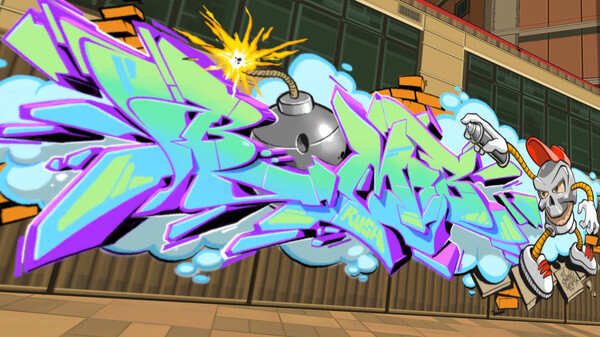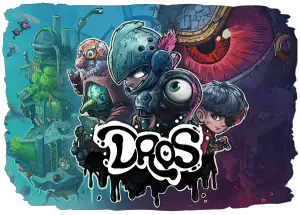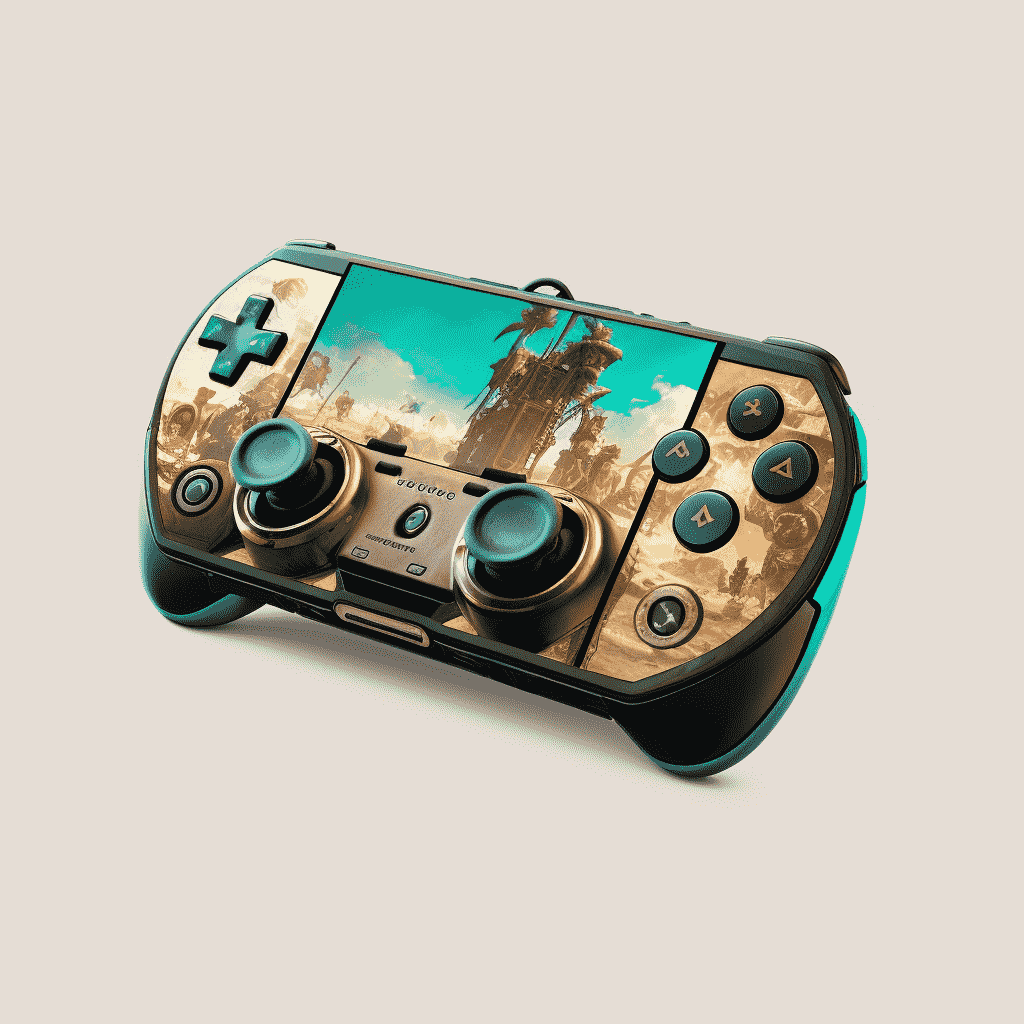Speaking to BBC, PlayerUnknown’s Battlegrounds creator, Brendan Greene, is back in the news again but this time it’s not for kowtowing to feminists outraged over what they perceived to be camel toe in the game, it’s to complain about copycat clones.
Greene told the outlet…
“I want other developers to put their own spin on the genre… not just lift things from our game. For that to happen you need new and interesting spins on the game mode.
“If it’s just copycats down the line, then the genre doesn’t grow and people get bored.”
He’s referring to the litany of survival games coming out or already out based on PlayerUnknown’s Battlegrounds Battle Royale concept, such as Terminator 2: Battlegrounds, which is basically just PlayerUnknown’s Battlegrounds but with a few licensed splash images of Terminator 2. There’s also games like Islands of Nyne, which is yet another clone but seems to gear its motif closer to the likes of The Hunger Games with stylized suits and weapons.
The most obvious and popular clone is Epic Games’ Fortnite’s free-to-play Battle Royale mode, which is based on the tech advances that Bluehole Studios made with the Unreal Engine 4 to allow up to 100 people to spawn into an instance and play PlayerUnknown’s Battlegrounds. Bluehole was somewhat angered at Epic for adding the mode to Fortnite because they felt they should have received permission to do so.
Well, now Greene is saying that the copycats may require the industry to enforce intellectual property protection, telling BBC’s Radio 1…
“In movies and music there is IP protection and you can really look after your work. In gaming that doesn’t exist yet, and it’s something that should be looked into.
“Some amazing games pass under the radar.
“Then someone else takes the idea, has a marketing budget, and suddenly has a popular game because they ripped off someone else’s idea. I think it’s something the industry needs to look into.
“You’re protecting the work of artists basically. Games are art for a large part, and so I think it’s important they’re protected.”
Ah, so Greene is talking about how he managed to team up with Bluehole and turn Battlegrounds into a standalone game after it started as an Arma mod, as opposed to the creators of the Arma mod Wasteland or Tribe Survival landing a deal and selling 24 million units?
Technically, if the industry adopted the protections that Greene is talking about, PlayerUnknown’s Battlegrounds wouldn’t exist since it’s still just a copycat clone of the standard elimination deathmatch mode, which has been around for ages. And not only that, it’s still riding on the coattails of Dean “Rocket” Hall’s Arma 2 mod, DayZ, which is the game that made the whole survival genre go mainstream in the first place.
Additionally, there’s been no hidden messaging or hiding the fact that PlayerUnknown’s Battlegrounds is literally a direct copycat of the Japanese film from Kinji Fukasaku called Battle Royale, which came out back in 2000. The film pitted an entire class full of kids against each other on an island where it was kill or be killed. For those that didn’t want to participate, a collar around their neck would blow their heads off. There was also a timer on how long they had to kill one another before the collars would start explode.
Essentially, if Greene’s IP protections were in place, his game wouldn’t exist since it’s literally a direct clone of Battle Royale. The only difference is that instead of collars the arena shrinks, and instead of being boated to the island, players parachute down.
Other copycat clones mix and match certain elements as well, changing up the way the arenas work, or adding other stipulations. In fact, PlayerUnknown’s Battlegrounds wasn’t even one of the first standalone games to use the survival arena concept. Other titles like The Culling were out a year before that. The big difference was that PlayerUnknown’s Battlegrounds allowed for more players per instance than The Culling.
But therein lies the crux of the issue: PlayerUnknown’s Battlegrounds only really gained a foothold because it allowed for up to 100 people to compete on the island instead of 16, or 25, or 50.
But now that other games are offering 100 people per instance, PlayerUnknown’s Battlegrounds is no longer the fresh hottie on the block. There’s now like a dozen and the average guy doesn’t have to stick with the hottie with Tourette’s syndrome.
Greene is only talking about protections now because the writing is on the wall that the game is likely peaking and competition is brewing hot and heavy around every corner. The game will likely become an afterthought once an AAA studio pumps some money into a derivative clone with some polish.
Bluehole was also slow to capitalize on the mobile market, getting beat out by Chinese copycats before finally finalizing a deal with Tencent to sell the game in China.
And instead of trying to court in more players with new features and focusing on the problems in the game, Greene decided that the groups he should appeal to most are the ones whining about a practically non-existent camel toe on the female models. While Greene is worrying about gender representation, other studios are actually looking into making the genre bigger, better and more optimized… something that Epic is doing right now with Fortnite instead of worrying about people who have a voyeur fetish for female panties.
Games will always have copycats. Some games will do it the same; some games will do it better than the progenitor. Ultimately, gaming is usually all about taking what works and incrementally increasing it toward something bigger.
There have been plenty of Legend of Zelda clones out there, plenty of Street Fighter clones out there (like Art of Fighting), and plenty of Mario Kart clones (like Wacky Wheels). So long as they offer something a little different and attempt to bring something new to the table in one way or another, it’s all a-okay in my book. Of course, would anyone really expect anything less from someone who promised they wouldn’t add microtransactions to PlayerUnknown’s Battlegrounds while it was in Early Access, and then turn around and break that promise only to later defend why microtransactions are good?











